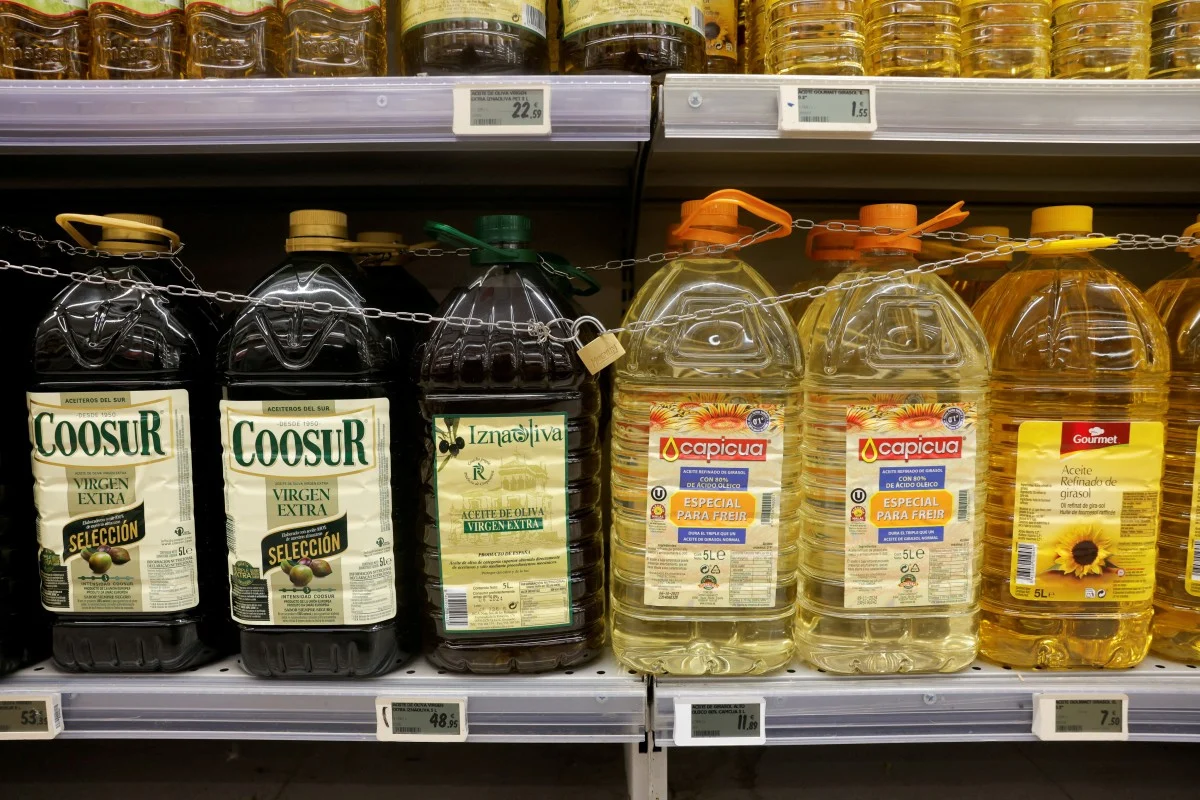A severe and prolonged drought has led to a water crisis along Spain’s Costa Blanca, where tap water in several towns has become undrinkable due to increased salinity. The drought, now in its second year, has been exacerbated by two consecutive years of spring heatwaves, severely impacting the region’s water supply. As a result, holidaymakers and residents have been forced to queue at distribution points for bottled water, which is being provided free of charge to meet basic needs.
The water scarcity has been worsened by overdevelopment, climate change, and the influx of mass tourism during the summer months, when the population of this popular Mediterranean destination swells. In the Marina Alta area, north of Alicante, water consumption soared to nearly 20 billion liters in July alone, up from just 2.3 billion liters in January. The area is home to almost 38,000 swimming pools, or one for every five inhabitants, far exceeding the national average of one pool per 35 people. In response to the water shortage, local authorities have imposed restrictions on activities such as filling swimming pools, watering gardens, and washing cars during the day.
Joan Sala, an environmental advocate with Accio Ecologista-Agro, highlighted the dire situation, noting that northern Alicante province received only half its usual rainfall in 2023 and just 10 percent of average levels so far this year. Sala emphasized the need for greater foresight in managing the region’s resources, particularly given the sharp population increase during the summer.
The drought has also severely impacted Spain’s olive harvests, leading to a doubling of olive oil prices to record highs. Olive oil, a staple of the Mediterranean diet, has become increasingly unaffordable for many households, leading to a significant shift towards sunflower oil, which is now the most commonly used cooking oil in Spain. According to Anierac, Spain’s largest olive oil bottling association, sales of olive oil fell by 18 percent in the first half of 2024 compared to the previous year, while sunflower oil sales surged by 25 percent.
The Spanish government has attempted to alleviate the burden by cutting the value-added tax on olive oil and, in some cases, retailers have reduced prices to attract customers. However, the high cost of olive oil, which reached as much as €14.50 per liter in 2023, has forced many lower-income households to abandon it altogether. The crisis underscores the far-reaching effects of climate change on both natural resources and consumer habits in Spain.
READ MORE:
